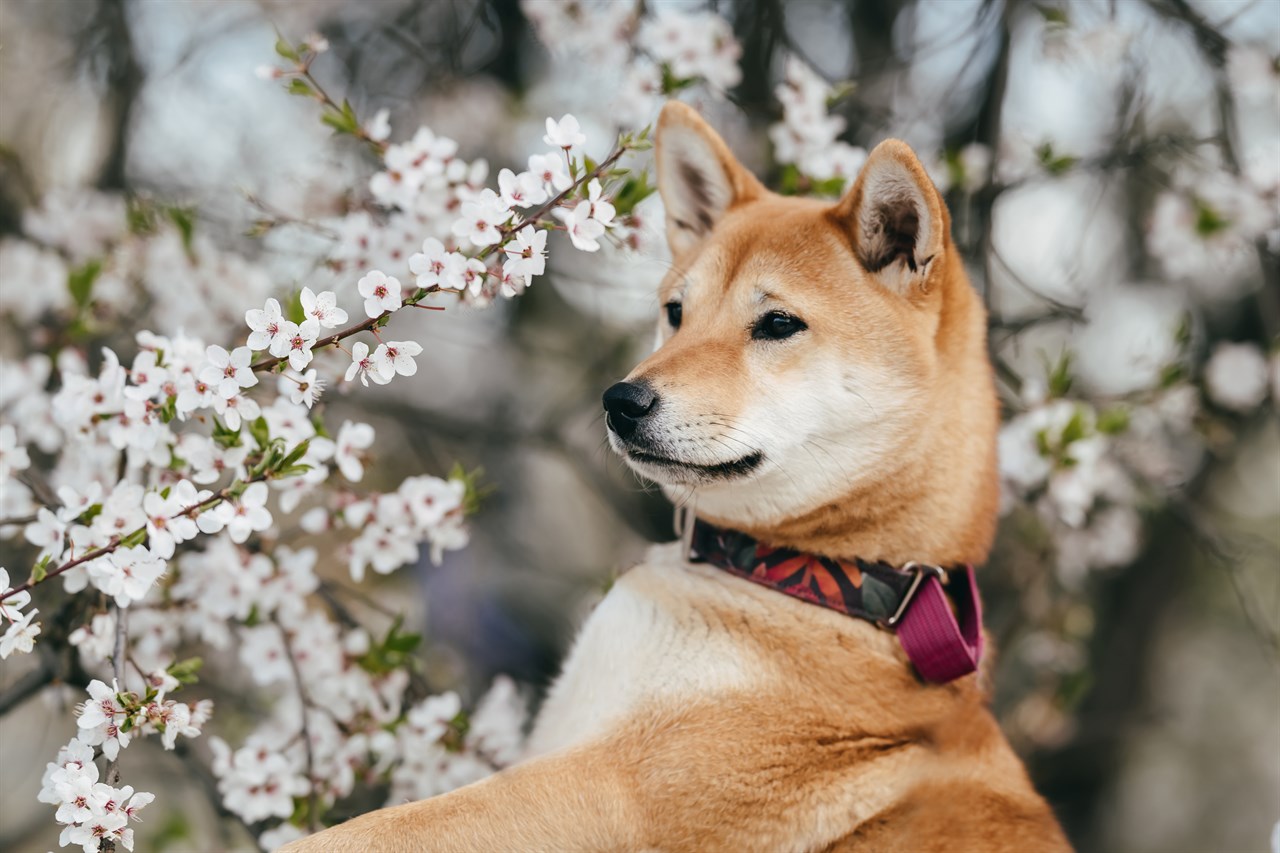Common Health Issues in Shiba Inus: Awareness and Prevention

Shiba Inus are generally a healthy and robust breed, but like all dogs, they can be prone to certain health issues. Responsible breeding practises and regular veterinary care can help mitigate the risk of these common health problems. Here are some of the health issues commonly associated with Shiba Inus.
Hip Dysplasia
Hip dysplasia is a genetic condition that can affect many breeds, including Shiba Inus. It involves an abnormal development of the hip joint, which can lead to pain, lameness, and arthritis. Responsible breeders screen for hip dysplasia, and potential owners should ask for hip evaluations before acquiring a Shiba Inu.
Patellar Luxation
Patellar luxation occurs when the kneecap (patella) slips out of its normal position. Shiba Inus can be prone to this condition, which may cause lameness or an abnormal gait. Surgical correction may be necessary in severe cases.
Eye Issues
Shiba Inus can be susceptible to certain eye conditions, including cataracts, glaucoma, and progressive retinal atrophy (PRA). Regular eye examinations by a veterinary ophthalmologist can help detect and manage these issues.
Allergies
Shiba Inus may be prone to allergies, which can manifest as skin irritation, itching, and ear infections. Allergies can be triggered by environmental factors, food, or even flea bites. Identifying and addressing the allergen is crucial for managing this issue.
Hypothyroidism
Hypothyroidism is a condition in which the thyroid gland doesn't produce enough hormones. It can lead to weight gain, lethargy, and skin problems. Hypothyroidism can usually be managed with medication.
Dental Issues
Dental problems, including periodontal disease, can affect Shiba Inus. Regular dental care, including tooth brushing and professional cleanings, is essential to prevent dental issues that can impact overall health.
Inherited Disorders
Shiba Inus can inherit certain genetic disorders, such as certain types of kidney disease. Responsible breeders conduct health screenings on their breeding dogs to reduce the risk of passing on these conditions.
Autoimmune Disorders
Shiba Inus may be susceptible to autoimmune disorders, which occur when the immune system mistakenly attacks the body's own tissues. These disorders can be challenging to manage and require ongoing veterinary care.
Bloat (Gastric Torsion)
While not exclusive to Shiba Inus, bloat is a life-threatening condition that can affect any dog breed. It involves the stomach twisting on itself, cutting off blood flow and causing extreme discomfort. Immediate veterinary attention is necessary if bloat is suspected.
Cancer
Like all dogs, Shiba Inus can develop cancer. Some breeds may be predisposed to certain types of cancer, so it's essential to monitor for any unusual lumps or changes in your dog's behaviour or health.
To help prevent and detect these health issues early, it's crucial to schedule regular check-ups with your veterinarian and maintain a healthy lifestyle for your Shiba Inu. Responsible breeding practises that include health screenings for breeding dogs also play a significant role in reducing the risk of genetic health issues in the breed.
Shiba Inu puppies for sale
- Find Shiba Inu puppies for sale in ACT
- Find Shiba Inu puppies for sale in NSW
- Find Shiba Inu puppies for sale in NT
- Find Shiba Inu puppies for sale in QLD
- Find Shiba Inu puppies for sale in SA
- Find Shiba Inu puppies for sale in TAS
- Find Shiba Inu puppies for sale in VIC
- Find Shiba Inu puppies for sale in WA